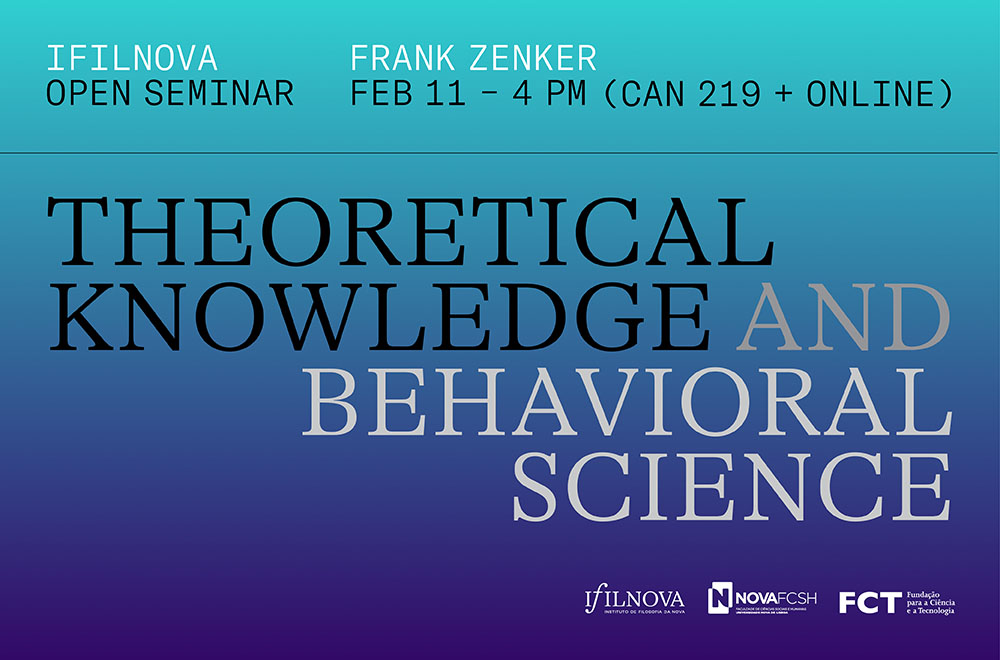Theoretical knowledge and behavioral science

Behavioral science (e.g., social psychology) broadly lacks theoretical knowledge today: some 50 years of experimental/observational research have so far failed to result in empirically adequate theories that allow to explain and predict human behavior, and intervene on it (e.g., in public policy making). In explaining this “state-of-the-art” and discussing possible remedies, I raise three related issues. First, behavioral science research today is typically data-driven rather than theoretical (i.e., inductive rather than deductive); yet the content of an empirical theory must exceed the observations it subsumes. The focus on induction thus suggests a lack of understanding what theoretical knowledge is, and why it is important. Second, observed behavioral responses typically translate into homogenous yet small effects, which are overlain by the measurement error, or into medium-sized yet heterogeneous effects (with large observed variance), which remain unclear/diffuse. Both in individual studies and across replication studies, therefore, the point-effects that empirically adequate theoretical constructs would predict are often unknown, partly explaining why theoretical knowledge cannot easily arise. Third, the best statistical inference strategies are regularly applied mindlessly; particularly applications of a Bayesian hypothesis support-threshold tend to ignore the minimum sample size.
This is partly explained by conducting studies aimed at “discoveries” (by testing against chance), while avoiding a theoretical construct that is more informative than a directional hypothesis. I discuss three possible remedies. First, coordinated efforts among many labs allow studying overall fewer effects (given constant resources), yet would generate sufficiently large samples to generate better effect size estimates. Second, the large observed variance of behavioral response can be reduced post-hoc, by projecting interval-level measurements into anthropometrically valid measurement-scales (ordinal level), such that information “lost” is compensated by gaining a clearer view on the observed effect. Third, the large observed variance can be fruitfully addresses by specifying, and transparently reporting, assumptions that underlie a study’s measurement error, which amounts to engaging in theory construction research.
(Most arguments presented here are available at https://bit.ly/fze-preprints.)
Everybody is welcome to join!
For online participation, please use the following link (password: 006421).
More info: https://arglabseminar.wordpress.com/.
This event is organized by P. Abreu and E. Rast. The purpose of this seminar series is to give researchers a platform to discuss ongoing work and problems in the philosophy of language, epistemology, argumentation, metaethics, and related areas. For administrative inquiries, please contact Pedro Abreu <pedroabreu@fcsh.unl.pt> or Erich Rast <erich@snafu.de>.

